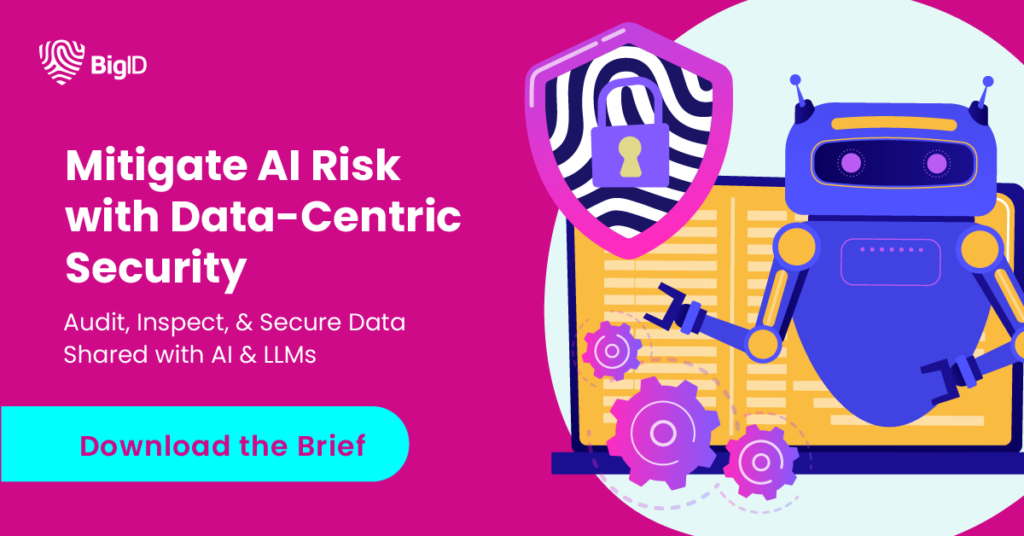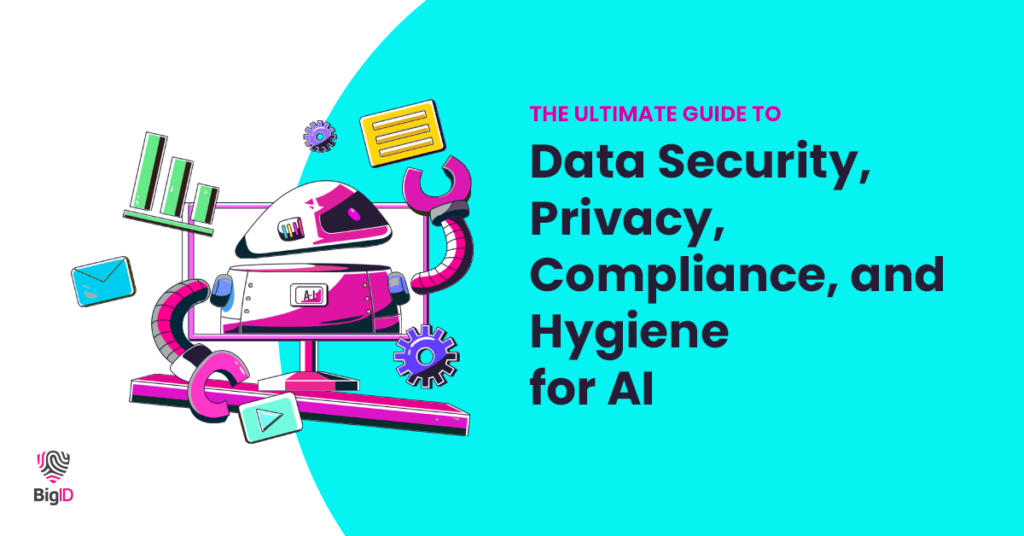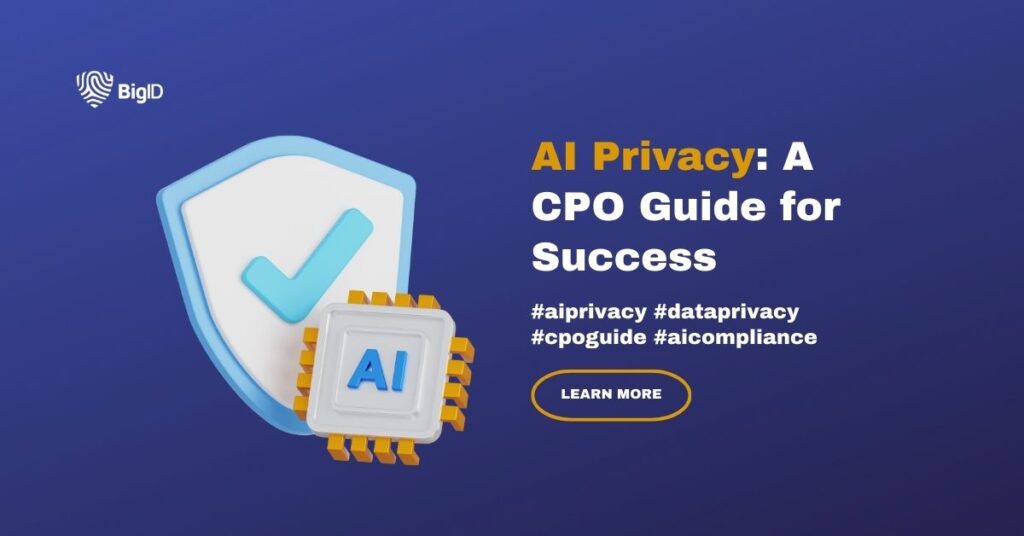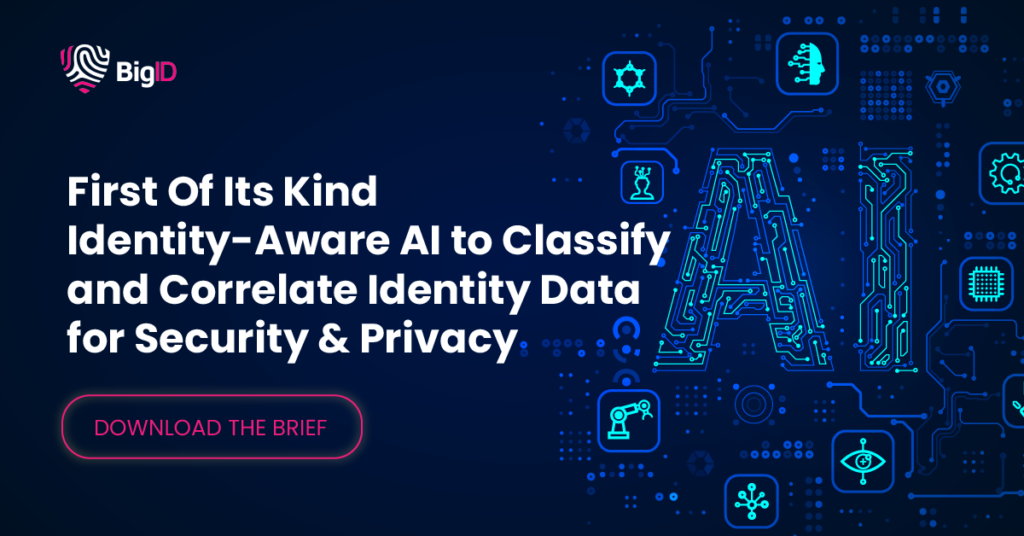Navigating the AI Integration Landscape: Privacy Concerns and Safety Measures for Chief Privacy Officers
Artificial Intelligence (AI) has become an indispensable asset in the digital age, promising efficiency, innovation, and insights. However, as AI’s role in business operations expands, so do the privacy concerns and challenges associated with it. For Chief Privacy Officers (CPOs), ensuring the ethical and secure use of AI is paramount. This article explores the privacy concerns, safety measures, and best practices needed to integrate AI while safeguarding customer data rights.
The Privacy Paradigm: Understanding AI’s Impact
AI and Data Privacy: A Complex Relationship
AI systems rely on vast amounts of data to function effectively. This data often includes personal information (PI) and personally identifiable information (PII), raising significant privacy concerns. The integration of AI necessitates a careful examination of how data is collected, stored, processed, and shared.
Key Privacy Concerns in AI Integration
- Data Breaches: AI systems, if not properly secured, can become targets for cyberattacks, leading to data breaches.
- Data Bias: AI algorithms can perpetuate biases present in the data, leading to unfair or discriminatory outcomes.
- Lack of Transparency: The ‘black box’ nature of some AI models makes it difficult to understand how decisions are made, complicating privacy oversight.

Building a Robust Privacy Program for AI
Best Practices for Data Governance
- Data Minimization: Collect only the data that is necessary for the AI application.
- Data Anonymization: Use techniques such as encryption, tokenization, and anonymization to protect PII.
- Regular Audits: Conduct regular audits to ensure compliance with privacy policies and identify potential vulnerabilities.
Regulatory Compliance: Navigating the Legal Landscape
Understanding Global Data Protection Regulations
Organizations must comply with various data protection regulations to use AI responsibly. These regulations vary by region and have specific requirements for data handling and privacy.
Major Regulations Impacting AI Use
- General Data Protection Regulation (GDPR): Enforces strict data protection and privacy laws within the European Union. Key provisions include the right to access, the right to be forgotten, and data protection by design and default.
- California Consumer Privacy Act (CCPA): Provides California residents with rights regarding their personal data, including the right to know, the right to delete, and the right to opt-out of data sales.
- AI Act (EU): Proposed regulations specifically addressing the ethical use of AI in the EU, including requirements for high-risk AI systems and transparency obligations.

Leveraging AI for Enhanced Privacy Compliance
AI technologies, when implemented thoughtfully, can play a crucial role in enhancing privacy compliance and easing the burden on CISOs.
AI-Powered Data Discovery and Classification
One of the biggest challenges in privacy compliance is knowing where sensitive data resides within an organization. AI can significantly enhance data discovery and classification efforts, making it easier for CISOs to manage data privacy.
Automated Data Mapping
AI-driven tools can automatically scan and map data across the entire organization, identifying where personal and sensitive information is stored. This automated data mapping provides a comprehensive view of data flows and storage locations, ensuring no critical data is overlooked.
Real-Time Data Classification
AI can classify data in real-time based on its sensitivity and compliance requirements. By categorizing data as it is created or ingested, organizations can apply appropriate security measures and access controls immediately, reducing the risk of unauthorized access or data breaches.
Automated Incident Response
When a potential breach is detected, AI can trigger automated response protocols, such as isolating affected systems, notifying relevant stakeholders, and initiating forensic investigations. This swift response capability is critical for minimizing the impact of breaches and ensuring compliance with regulatory requirements for breach notification.
Streamlining Compliance Processes
Compliance with privacy regulations involves a myriad of processes, from regular audits to managing data subject requests. AI can streamline these processes, making them more efficient and less resource-intensive.
Automated Audits
AI can automate the process of conducting privacy audits, scanning systems for compliance with internal policies and external regulations. This reduces the manual effort required and ensures that audits are thorough and consistent.
Efficient Data Subject Access Requests (DSARs)
Handling DSARs manually can be time-consuming and prone to errors. AI can automate the processing of these requests, ensuring timely and accurate responses. AI-driven tools can quickly locate relevant data, redact sensitive information, and compile reports for data subjects, all while maintaining compliance with regulatory deadlines.
Dynamic Access Controls
AI can enforce dynamic access controls based on real-time risk assessments. By continuously evaluating the sensitivity of data and the context of access requests, AI can grant or deny access appropriately, ensuring that only authorized personnel can access sensitive information.
Policy Enforcement
AI can monitor compliance with data privacy policies and automatically enforce them. For instance, AI can detect when data is being transferred to unauthorized locations or shared with third parties without proper consent, and take corrective actions to prevent policy violations.
The Future of AI: Preparing for Tomorrow’s Challenges
Opportunities and Innovations
AI continues to evolve, offering new opportunities for innovation. Future AI applications promise enhanced customer experiences, improved operational efficiency, and groundbreaking discoveries in various fields.
Adjusting to the Future
- Continuous Learning: CPOs must stay informed about technological advancements and emerging privacy challenges.
- Adaptive Policies: Develop flexible privacy policies that can adapt to new AI applications and regulatory changes.
- Collaborative Approach: Work closely with AI developers, legal teams, and external experts to ensure a holistic approach to privacy.
How Chief Information Privacy Officers Can Leverage BigID for AI Privacy
BigID is the industry leading platform for data privacy, security, compliance, and AI data management empowering organizations to get total visibility and control over their entreprise data.
With BigID business can:
- Find & classify PI and PII to automate inventory & data mapping: BigID’s automated discovery and classification of personal information (PI) and personally identifiable information (PII) empowers CPOs to create a comprehensive inventory of all data feeding AI models. This transparency ensures they understand exactly what data is being used for training and decision-making.
- Correlate for Privacy Insights – including residency for individuals: BigID goes beyond just finding data. It allows CPOs to correlate data points within AI models, including uncovering information that could reveal an individual’s residency or other sensitive details. This deeper insight helps identify potential privacy risks associated with specific data usage.
- Automate Data Access Rights Fulfillment: BigID allows CPOs to manage the entire data lifecycle for AI models within a single platform, ensuring consistent privacy controls from data collection to deletion. This allows individuals to easily locate and potentially request deletion of their data, streamlining the process for CPOs to comply with privacy regulations.
- Data Access Rights (DSAR) Advanced Reporting: BigID provides CPOs with advanced reporting on DSAR requests related to AI models. These reports offer valuable insights into trends and potential shortcomings in current AI data practices, allowing for proactive improvement.
Would you like to learn more about how CPO can leverage AI? Book a 1:1 demo with our privacy experts today.



